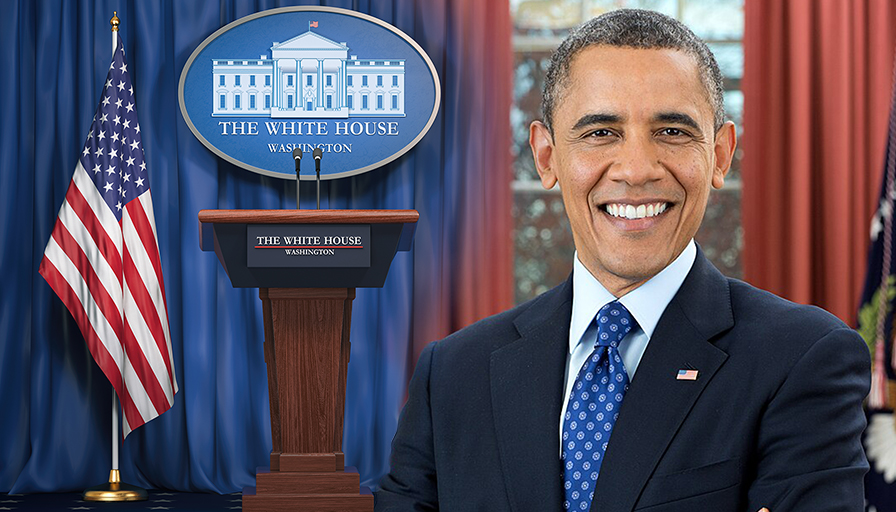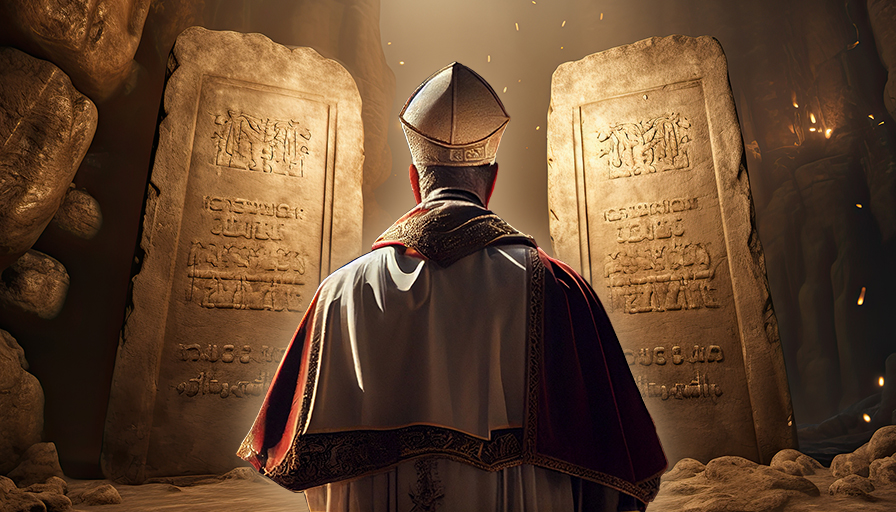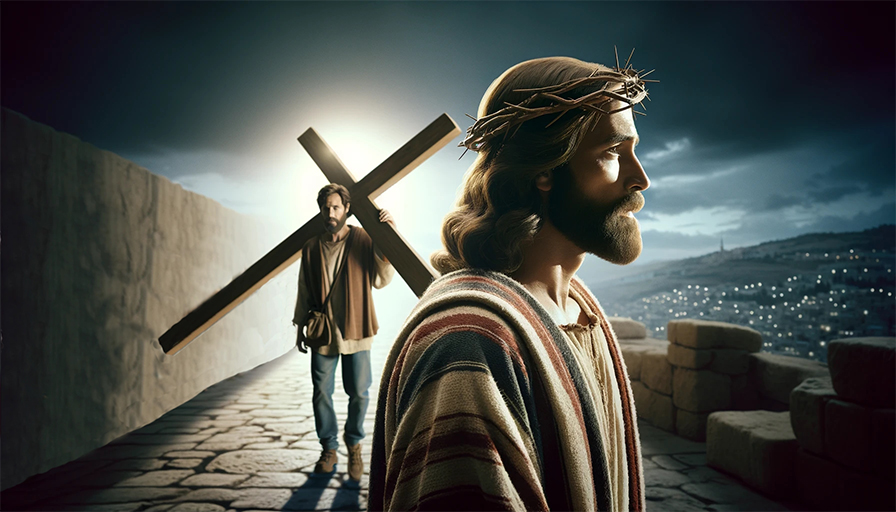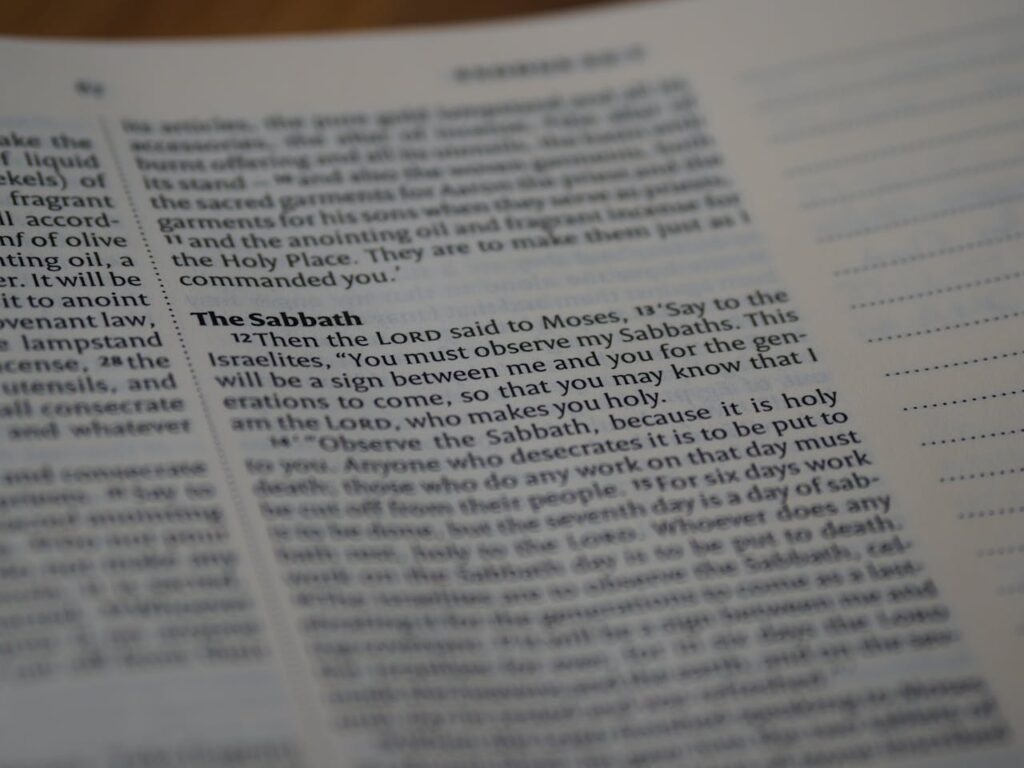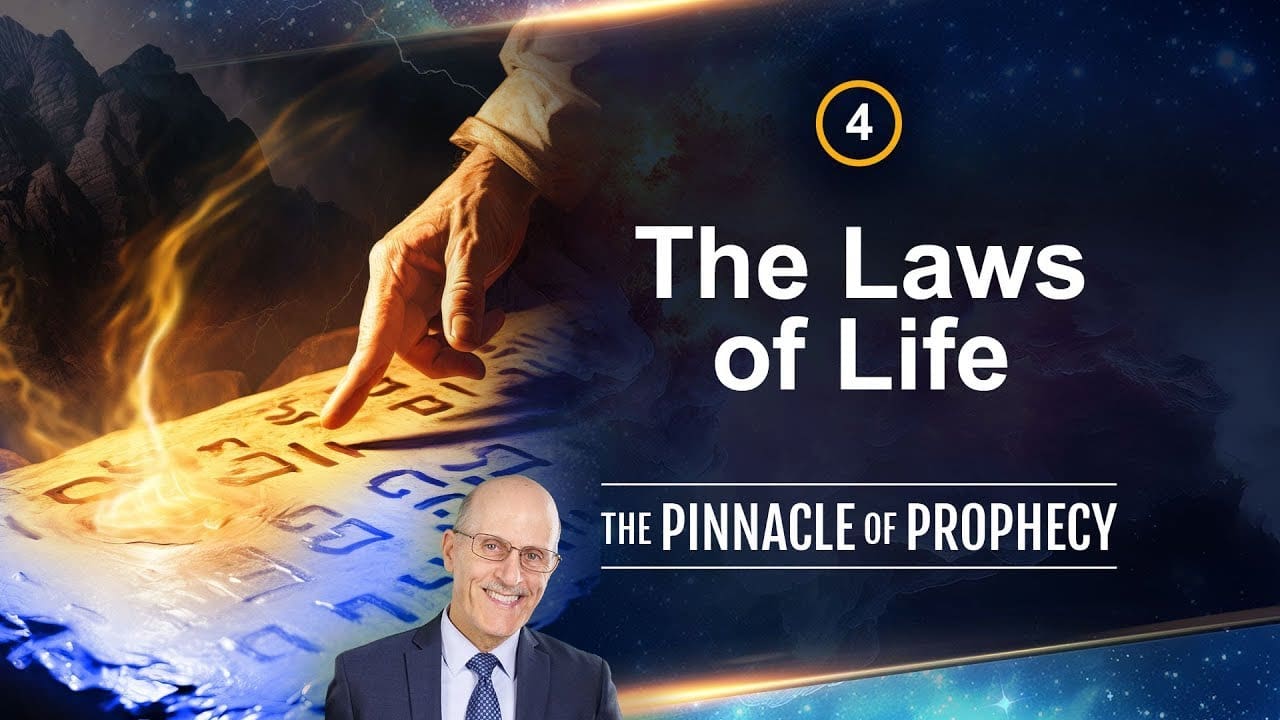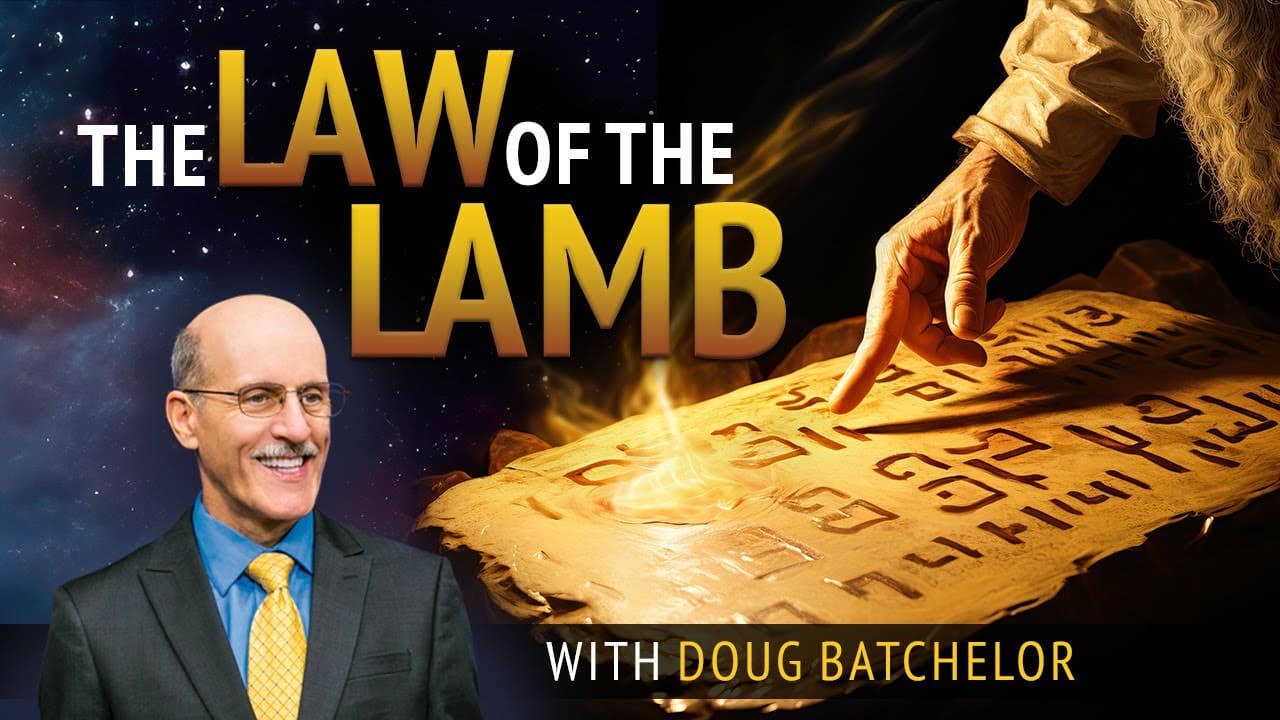The passage you provided raises the question of whether a theocratic form of government, like that of ancient Israel, would be beneficial in the present time. It argues that the government of Israel was a true theocracy, deriving its power directly from God. The passage mentions how God commissioned Moses to lead the people out of Egypt and guided them through signs, wonders, and miracles. Later, when the people asked for a king, God chose Saul and then David, establishing David’s throne forever.
According to the passage, David’s throne was considered the throne of the Lord, and Solomon succeeded him on that throne. However, when Zedekiah broke his covenant with Babylon, God declared that the throne would be overturned until the coming of Jesus, who would receive the throne of His father David and reign over the house of Jacob forever.
The passage asserts that the second coming of Jesus will precede the establishment of His Kingdom, and at that time, the kingdoms of the world will become the kingdoms of the Lord and His Christ. It states that Christ’s followers are to consider themselves strangers and pilgrims on earth, waiting for His return and the establishment of His Kingdom.
The passage also emphasizes that since the passing of the kingdom of Israel, God has not delegated authority to any human or body of men to execute His laws. It argues that civil governments should focus on the relations between individuals and not regulate or enforce religious duties. It quotes various influential leaders, including George Washington, Thomas Jefferson, Abraham Lincoln, Ulysses S. Grant, James A. Garfield, Theodore Roosevelt, and Benjamin Franklin, who expressed their views on the separation of church and state and the importance of religious freedom.
In summary, the passage presents the view that the government of ancient Israel was a true theocracy and suggests that a theocratic form of government would not be suitable for the present time. It advocates for the separation of church and state and highlights the importance of religious freedom and the role of civil governments in governing human relations rather than religious matters.




